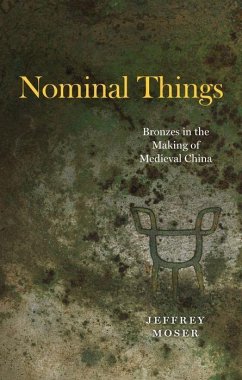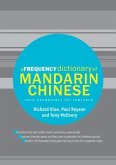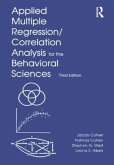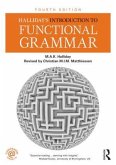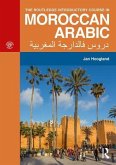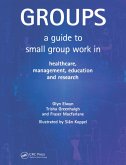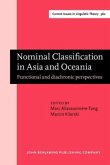"Eleventh-century scholars living in China were the first people in world history to systematically excavate, illustrate, and document ancient artifacts. The methods they developed to record these "traces" of the past-the most celebrated being bronze ritual vessels that had been cast nearly two thousand years earlier-laid the foundations for the empirical systems that scholars throughout early modern East Asia would use to make sense of the world. Nominal Things explains how the scholars who studied these bronzes struggled to understand the relationship between their complex shapes and dâecor and the ancient glyphs inscribed into their bodies. As they deciphered these glyphs, they came to realize that the bronzes were "nominal things"--objects inscribed with the names of the categories to which they belonged: cauldrons inscribed with the word "cauldron" (ding), ewers inscribed with the word "ewer" (yi), and so forth. The scholars knew those names from hallowed Confucian writings that had been passed down through the centuries, but shockingly, the things they thought those names referred to looked nothing like the bronzes upon which the names were found. Nominal Things traces the process whereby a distinctive East Asian tradition of empiricism was nurtured by this discrepancy between the complex, "garrulous" materiality of the bronzes and the solemn, written liturgies into which Confucian ritualists sought to inscribe them"--
Hinweis: Dieser Artikel kann nur an eine deutsche Lieferadresse ausgeliefert werden.
Hinweis: Dieser Artikel kann nur an eine deutsche Lieferadresse ausgeliefert werden.

